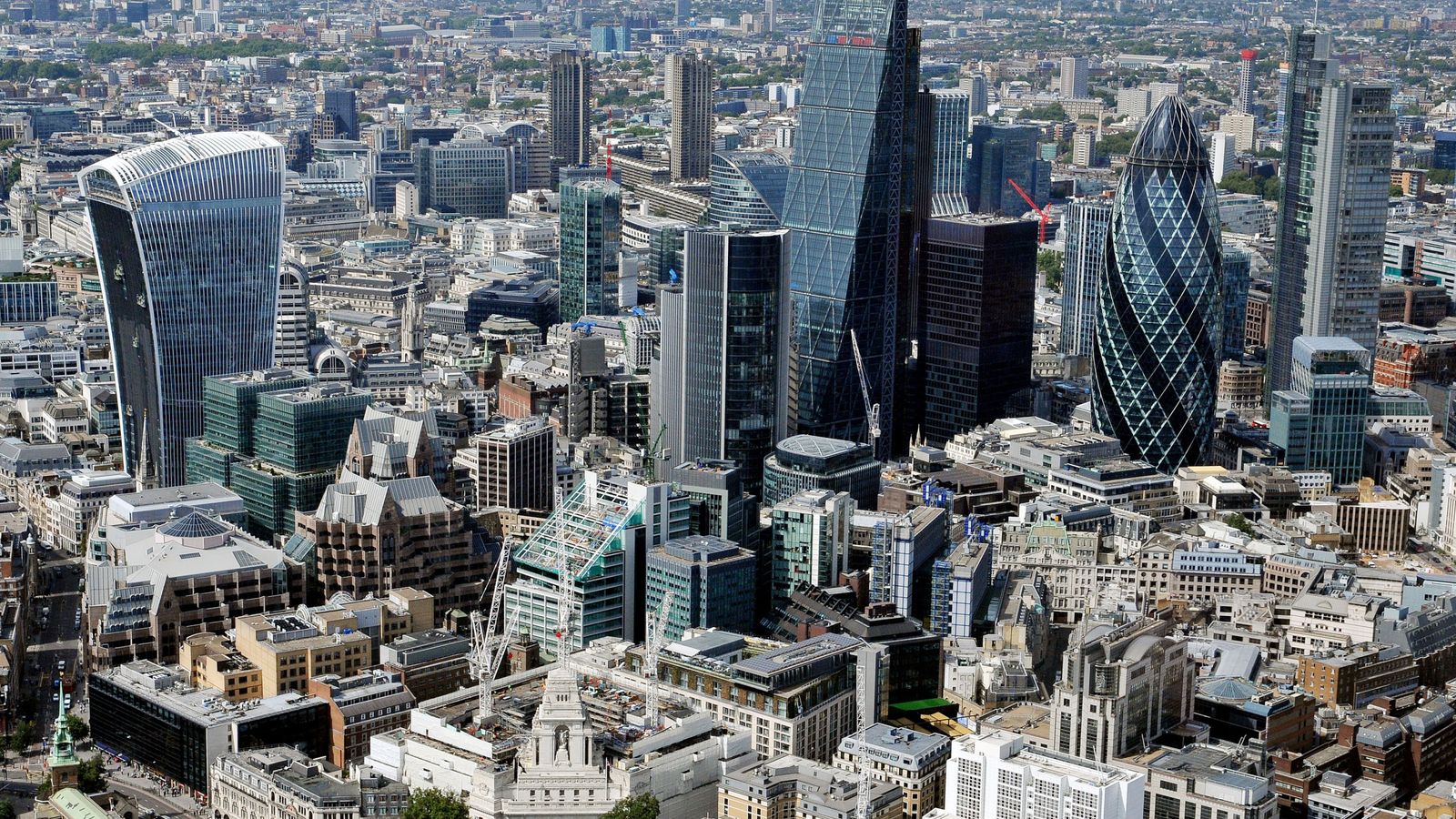Rishi Sunak has been urged by one of the world’s leading economic authorities to cut taxes or raise spending in the face of looming stagnation next year.
The UK is poised for the weakest economic growth in the developed world next year, according to new forecasts from the Organisation for Economic Co-operation and Development.
In its latest comprehensive forecasts for the world economy, the OECD – a club of developed nations – predicted that Britain’s economy will stagnate, with no gross domestic product expansion at all over 2023 – a worse outcome than for any other OECD member.
It said the chancellor should “consider slowing fiscal consolidation to support growth”.
The intervention comes as the chancellor faces increasing pressure from the prime minister and cabinet colleagues to cut taxes, even after having provided further support for households in a fresh package last month.
The OECD said that even after taking that package – which included a windfall tax for energy firms – into account, the UK’s “fiscal stance” – the combined impact of all government decisions on taxing and spending, remained “contractionary”.
The report warned that while the UK’s economic prospects were particularly poor next year, all countries around the world had been negatively affected by the impact of war in Ukraine, saying: “The world is set to pay a hefty price for Russia’s war against Ukraine.”
It said that its forecasts for inflation had doubled since its previous forecasts before the war, and that world gross domestic product would expand by 3% in 2022, compared with its pre-war forecast of 4.5%.
Read more:
Britons warned to expect ‘apocalyptic’ food prices
How much is your spending going up? Use our cost of living calculator
It added that one of the main risks facing the world now was a shortage of food.
“The first urgency is to avoid a food crisis,” it said in the report. “Today, the world is producing enough cereals to feed everyone, but prices are very high and the risk is that this production will not reach those who need it most.
“Global co-operation is needed to ensure that food reaches consumers at affordable prices, in particular in low-income and emerging-market economies.
“This may require more international aid as well as co-operation in the logistics of shipping and distributing to countries in need.
“The flaws of global vaccine distribution are still fresh in our memory. Let’s not repeat them.”
Read more:
Russian blockade of Ukraine’s ports could turn food crisis into a catastrophe
World hunger at ‘new high’, UN warns, with enough grain to feed millions stuck in Ukraine
How Putin’s invasion is causing a worldwide food crisis – and what can be done
It also warned that cost of living crises would be widespread across the world, which in turn could widen the gaps between rich and poor.
Chief economist Laurence Boone said: “Inflation is a burden, which must be shared fairly among people and firms, between profit and wages. Governments also have to play a role through support targeted to those most vulnerable to rising food and energy inflation.”
The OECD analysis showed that while there were significant gaps in the inflation felt by richer and poorer households (the latter of which tend to face higher costs), the gap in the UK was wider than in most other OECD nations.
